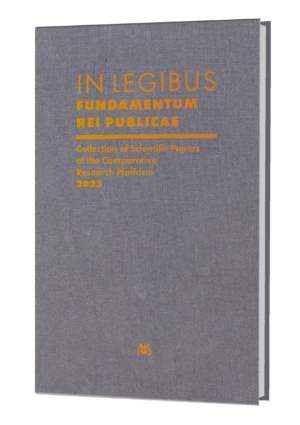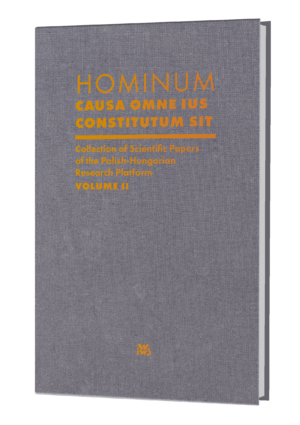In addition to changes in both the Constitutional Tribunal and the National Council of the Judiciary, new legal solutions were adopted in Poland after 2016 also in relation to the Supreme Court and common courts. As a result of these changes new tools were established for asserting one’s rights and freedoms (extraordinary appeal), addressing the demands that had long been made in doctrine to incorporate the so-called social factor in the judiciary.
We can hardly agree with the view that the totality of political changes that have taken place in Poland after 2015 has led to an infringement of the standard of a state ruled by law (rule of law). Likewise, we cannot accept the claim that the reforms have undermined the principle of divided powers. It should be stressed that, so far, this principle has been implemented in Poland very rigorously, in reality disregarding other complementary principles, i.e., the principle of cooperation of authorities and the principle of equilibrium. …This is best seen in the Constitutional Tribunal’s case law to date, which has actually ignored the principle of balanced powers. As believed by many representatives of the doctrine, this state of affairs, by maintaining the division, has in fact promoted imbalance. This was best illustrated by the case of the Constitutional Tribunal, which slowly but consistently has come to be the superior power. That led to a state—to paraphrase Mark Tuschnet’s well-known statement—where the courts were strong but the laws were weak. The reforms undertaken, we should note, were also aimed at democratising (legitimising) the judiciary. Solutions were introduced to guarantee free legal aid to the least privileged, the principle whereby the social factor became part of administration of justice was made real. Also, a system of transparent allocation of cases to judges and disciplinary responsibility was introduced (however, in regard to the attribute of judicial independence and autonomy of courts, it is restricted to the judiciary). Further, we should note that respect for the rules of the state governed by law (rule of law) also guarantees the functioning of the Polish judicial system in the European legal space as well as the possibility to assert one’s rights before European courts (within the EU and the Council of Europe).
from the Introduction











